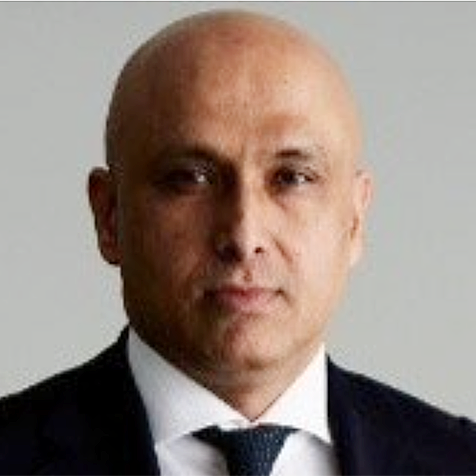Banks in Asia-Pacific that are building their own super apps are becoming more discriminating when selecting fintech payment solutions they can offer on their own platforms to enhance client experience.
One reason is although third-party payment solutions may be cheaper and easier to integrate into their super apps, fintechs may have limited capability in servicing the huge volume of payments that come through these solutions.
A super app is a mobile or web application that can provide multiple services, including payment and instant messaging, to bank customers to enhance their client experience. Such services, which a user can access by using their mobile phone or computer, are faster, cheaper and available 24 hours a day.
“We have seen a trend that banks will initially go for a fintech payment solution because it is so cheap, and the integration is easy. And then they realized that the amount of payments, the total aggregate payment, that comes through that fintech exceeds its capitalization,” says Winnie Chen, head of treasury services, Asia-Pacific, at BNY Mellon, which provides payment solutions exclusively for banks to service their corporate and consumer clients.
Another reason is that compliance issues may arise when trying to resolve disputes over specific payment transactions.
“If the beneficiary says they didn't receive the money, the case resolution experiences with the fintech may not be at the same level as that of the banks, especially when it comes to compliance angle, sanctions, and all that. The beneficiaries may find that their experiences are different compared to working with the banks,” Chen explains.
Unlike most fintechs, banks are well-regulated entities that are governed by strict regulatory frameworks, hence they have to ensure that the payment solutions offered on their super apps can meet the regulatory requirements and provide the best client experience.
In the case of BNY Mellon, it is proactively sharing industry trends and best practices to banks that use its payment solutions in order to keep them well-informed and educated on data-driven solutions, compliance, etc.
“Whenever we have any new innovation, we bring it to our [bank] clients for them to share, and to understand the trends. So, these are the things they probably do not experience from the likes of the fintechs,” Chen says.
In fact, fintechs and banks are caught in an intense competition to provide payment and cash management solutions to consumers whose requirements are also evolving. BNY Mellon sees itself as competing with fintechs in providing treasury solutions but, unlike fintechs, it is also a bank with corresponding banking capabilities.









